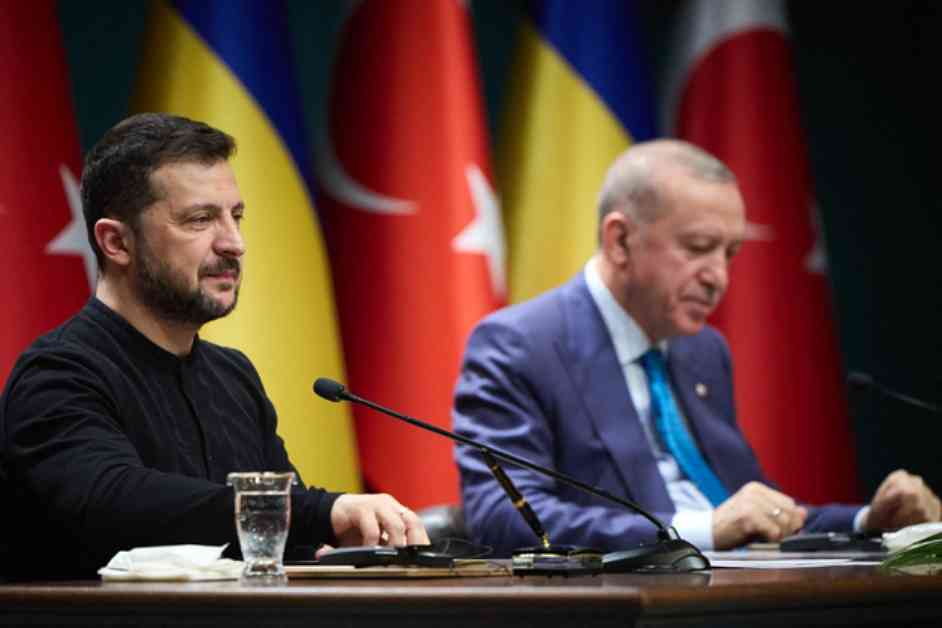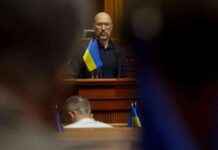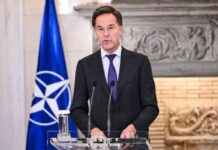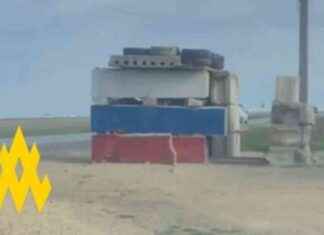The recent diplomatic meeting between Ukrainian President Volodymyr Zelensky and Turkish President Recep Tayyip Erdoğan in Ankara has sparked discussions about Turkey’s potential role in Ukraine peace talks. The backdrop of this meeting is crucial, with newly elected US President Donald Trump’s controversial remarks branding Zelensky as a “dictator without elections” and dismissing his involvement in the Russia-Ukraine peace negotiations. These statements came as Ukraine’s leader was in Ankara, shedding light on Turkey’s consistent and significant role in the ongoing conflict.
Ankara has been a key player in the war, providing military support to Ukrainian forces, particularly through the deployment of Bayraktar drones that altered the course of the conflict. The Turkish government also facilitated the release of Ukrainian prisoners of war and initiated negotiations in 2022 that were considered a promising step towards peace, despite their eventual failure due to former US President Joe Biden’s stance.
The importance of Turkey’s involvement in Ukraine is underscored by the strained relations between Kyiv and its Western allies. The US and the European Union have shown wavering support, leaving Ukraine in a vulnerable position on the international stage. In the face of this uncertainty, Zelensky’s visit to Ankara was seen as a strategic move to position Turkey as a central figure in peace negotiations.
The Strategic Meeting: Was it Truly an Emergency?
Contrary to initial speculation, the meeting between Erdoğan and Zelensky was not a last-minute summit. Zelensky had planned to visit Ankara after attending the Munich Security Conference and a trip to the United Arab Emirates. The agenda of the meeting included discussions on defense cooperation and regional security, indicating a broader strategic partnership between Ukraine and Turkey. However, Zelensky’s visit carried a deeper purpose – to leverage Turkey’s diplomatic influence in shaping the peace talks.
The current geopolitical landscape, marked by shifting allegiances and US support for Russia, has left Ukraine seeking an intermediary respected by both sides but not directly involved in the conflict. Turkey’s balanced approach to the war, providing military aid to Ukraine while maintaining dialogue with Russian President Vladimir Putin, positions Ankara as a potential peacemaker. Turkey’s unwavering support for Ukraine’s territorial integrity and the Crimean Tatars further solidifies its role in the negotiations.
Shifting the Balance: Turkey’s Peace Roadmap
As Ukraine navigates a complex web of geopolitical challenges, including diminishing support from Western allies and uncertain negotiations with Russia, Turkey’s peace roadmap offers a glimmer of hope. The proposed plan includes a 10-year moratorium on Ukraine’s NATO membership aspirations, the establishment of a demilitarized buffer zone in eastern Ukraine monitored by international forces, and continued military aid to Ukraine. These measures aim to lay the groundwork for sustainable peace in the region.
Turkey’s position as a neutral yet influential player in the conflict makes it an ideal candidate to mediate peace talks. By presenting a comprehensive peace roadmap and maintaining a firm stance on Ukraine’s territorial integrity, Ankara signals its commitment to facilitating a resolution to the prolonged conflict. As negotiations unfold, the world watches closely to see if Turkey’s diplomatic efforts can bridge the gap between warring factions and pave the way for a lasting peace agreement.
In conclusion, Turkey’s potential role in Ukraine peace talks holds immense significance in the quest for stability and security in the region. As global powers navigate complex geopolitical dynamics and shifting alliances, Ankara’s diplomatic prowess and strategic positioning offer a beacon of hope for a peaceful resolution to the conflict. The road to peace may be fraught with challenges, but with Turkey at the helm, there is a renewed sense of optimism for a brighter future in Ukraine.

















